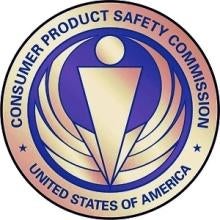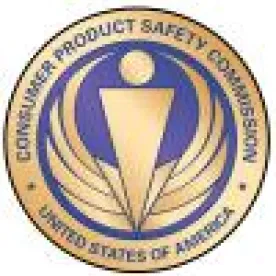The National Law Review’s recent article, “Falling off the Fast Track: CPSC’s New Stop Sale Demand” (June 30, 2015) erroneously states that “the CPSC has instituted a new requirement for participating in the Fast Track Program: a “stop sale” obligation.”1 Although Fast Track recalls do employ “stop sale” undertakings, such requirements are hardly new. In fact, Fast Track recalls have required such measures since inception of the Fast Track Program nearly twenty years ago. As clearly – and explicitly – stated on the CPSC website, in connection with Fast Track Program recalls, in addition to being “prepared to implement a corrective action plan – including a consumer-level recall . . . – within 20 working days,” “the firm must immediately stop sale and distribution of the product.” For more information please see The Recall Handbook http://www.cpsc.gov//PageFiles/106141/8002.pdf and the Federal Register Notice for the Fast Track Program www.cpsc.gov/fasttrack .
A stop sale requirement always has been the starting point from which a participant develops a voluntary corrective action plan. The main goal of the Fast Track Program is to provide a mechanism for firms to conduct a joint, voluntary recall with the U.S. CPSC in a manner that effectively and quickly removes recalled products from consumers’ homes and the marketplace. To accomplish this goal, most firms stop the sale of affected products within days after reporting to CPSC; many participating firms stop sale of their products before they even report to CPSC. Further, not only does a “stop sale” have important safety implications, it furthers the purpose underlying the current statutory prohibition on the sale of recalled goods.
The Author of the article conflates the requirements of the Fast Track Program with the requirements for non-Fast Track investigations. A reporting firm who wishes to have a particular matter handled by CPSC staff under the Fast Track Program must propose a corrective action plan and must be prepared to undertake an appropriate recall and stop sale. In short, participation in a Fast Track recall requires a “stop sale.” If a firm will not stop sale of the products, CPSC staff will not proceed with the matter in the Fast Track Program. Instead, the matter would be moved into the non-Fast Track program, where a preliminary determination of hazard would be made (and if a substantial product hazard is determined, then the firm would again be advised to stop sale of the affected products).
Many hundreds of firms have participated in the Fast Track program, involving the recall of tens of thousands of products with almost immediate stop sales. These prompt and efficient actions in many cases likely have prevented serious injury and deaths. Once a firm has decided to implement a Fast Track recall, there is no logical reason why any firm should continue to allow the sale of more defective products into commerce only to be soon recalled. Firms wishing to initiate an immediate voluntary recall in cooperation with CPSC almost universally have recognized the benefits of the Fast Track Program. Firms that are not willing to stop sales and that may desire more limited remedial action may proceed under the non-Fast Track procedures. Whichever recall process is utilized, the recall will be individually negotiated with CPSC staff members to develop the most effective and efficient corrective action plan possible.
1 Author of this article, Mr. Tarnoff, is the Acting Director of the Office of Compliance & Field Operations of the U.S. Consumer Product Safety Commission (“CPSC”) and author Ms. Tsacoumis is the General Counsel. The views expressed in this article are those of the individual authors and may not represent the views of the Commission. The authors wish to express their appreciation for the kind assistance of Tanya Topka, who leads the Fast Track Team at CPSC.



 />i
/>i
